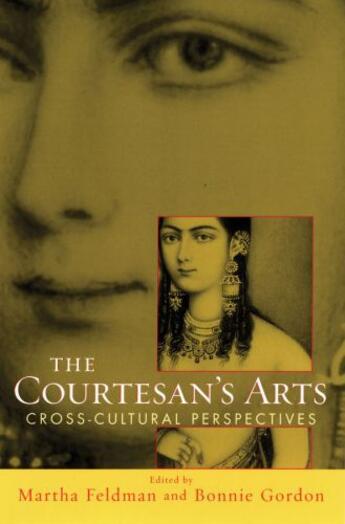Résumé:
Courtesans, hetaeras, tawaif-s, ji-s--these women have exchanged artistic graces, elevated conversation, and sexual favors with male patrons throughout history and around the world. In Ming dynasty China and early modern Italy, exchange was made through poetry, speech, and music; in pre-colonial... Voir plus
Courtesans, hetaeras, tawaif-s, ji-s--these women have exchanged artistic graces, elevated conversation, and sexual favors with male patrons throughout history and around the world. In Ming dynasty China and early modern Italy, exchange was made through poetry, speech, and music; in pre-colonial India through magic, music, chemistry, and other arts. Yet like the art of courtesanry itself, those arts have often thrived outside present-day canons and modes of transmission, and have mostly vanished without trace.
The Courtesan's Arts delves into this hidden legacy, while touching on its equivocal relationship to geisha. At once interdisciplinary, empirical, and theoretical, the book is the first to ask how arts have figured in the survival or demise of courtesan cultures by juxtaposing research from different fields. Among cases studied by writers on classics, ethnomusicology, anthropology, and various histories of art, music, literature, and political culture are Ming dynasty China, twentieth-century Korea, Edo and modern Japan, ancient Greece, early modern Italy, and India, past and present. Refusing a universal model, the authors nevertheless share a perception that courtesans hover in the crevices of space, time, and practice--between gifts and money, courts and cities, subtlety and flamboyance, feminine allure and masculine power, as wifely surrogates but keepers of culture. What most binds them to their arts in our post-industrialized world of global services and commodities, they find, is courtesans' fragility, as their cultures, once vital to civilizations founded in leisure and pleasure, are now largely forgotten, transforming courtesans into national icons or historical curiosities, or reducing them to prostitution.














